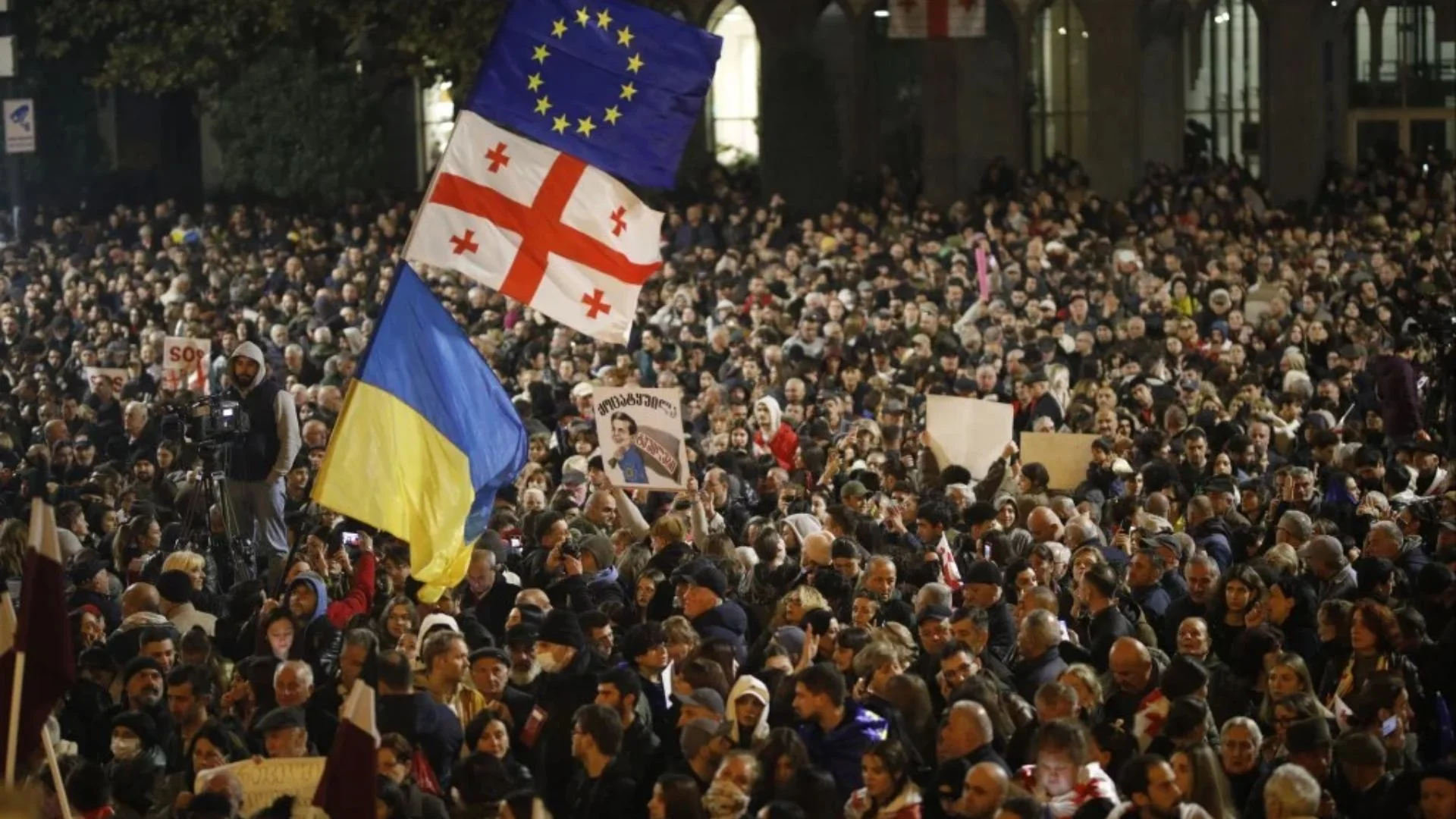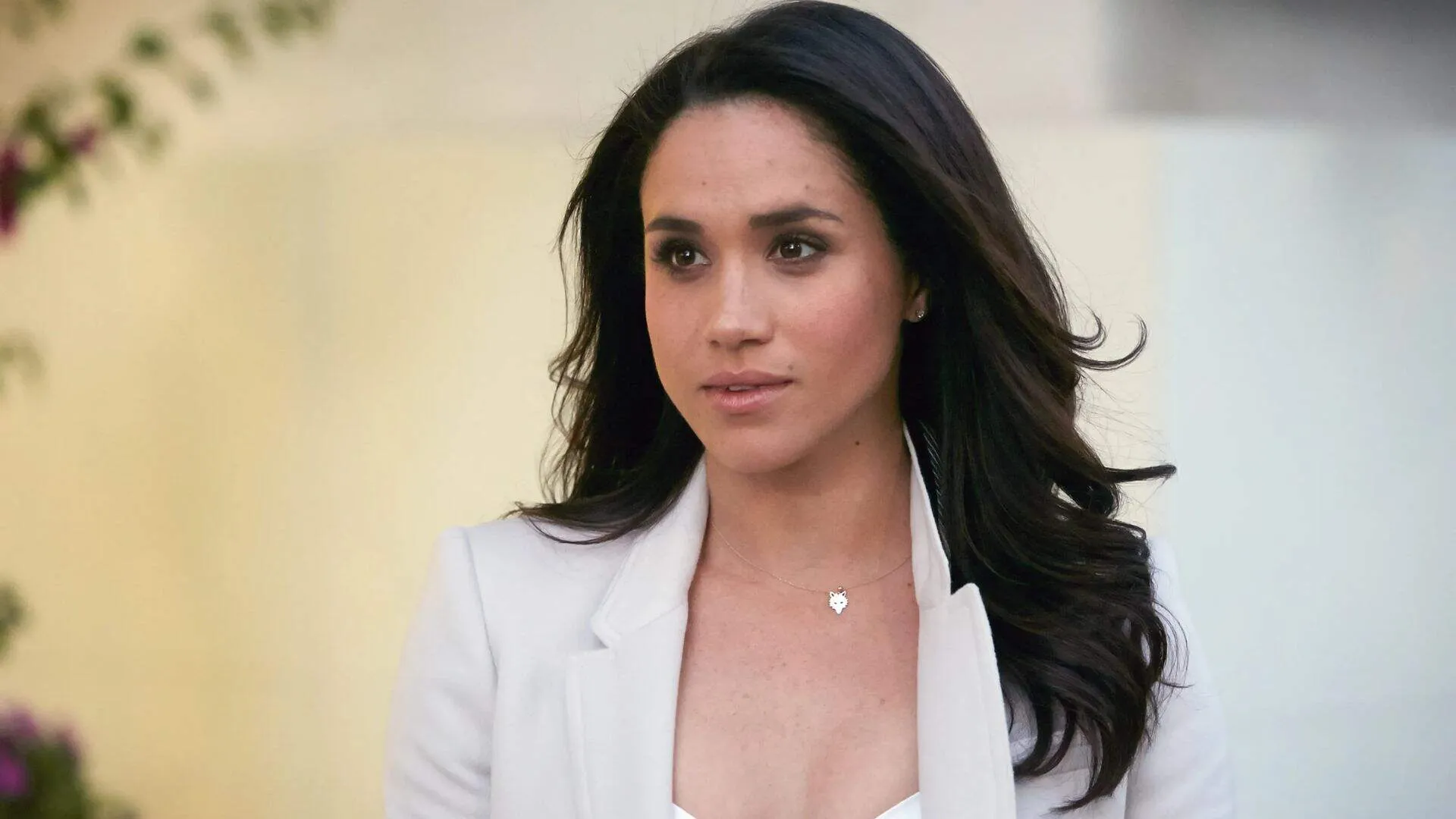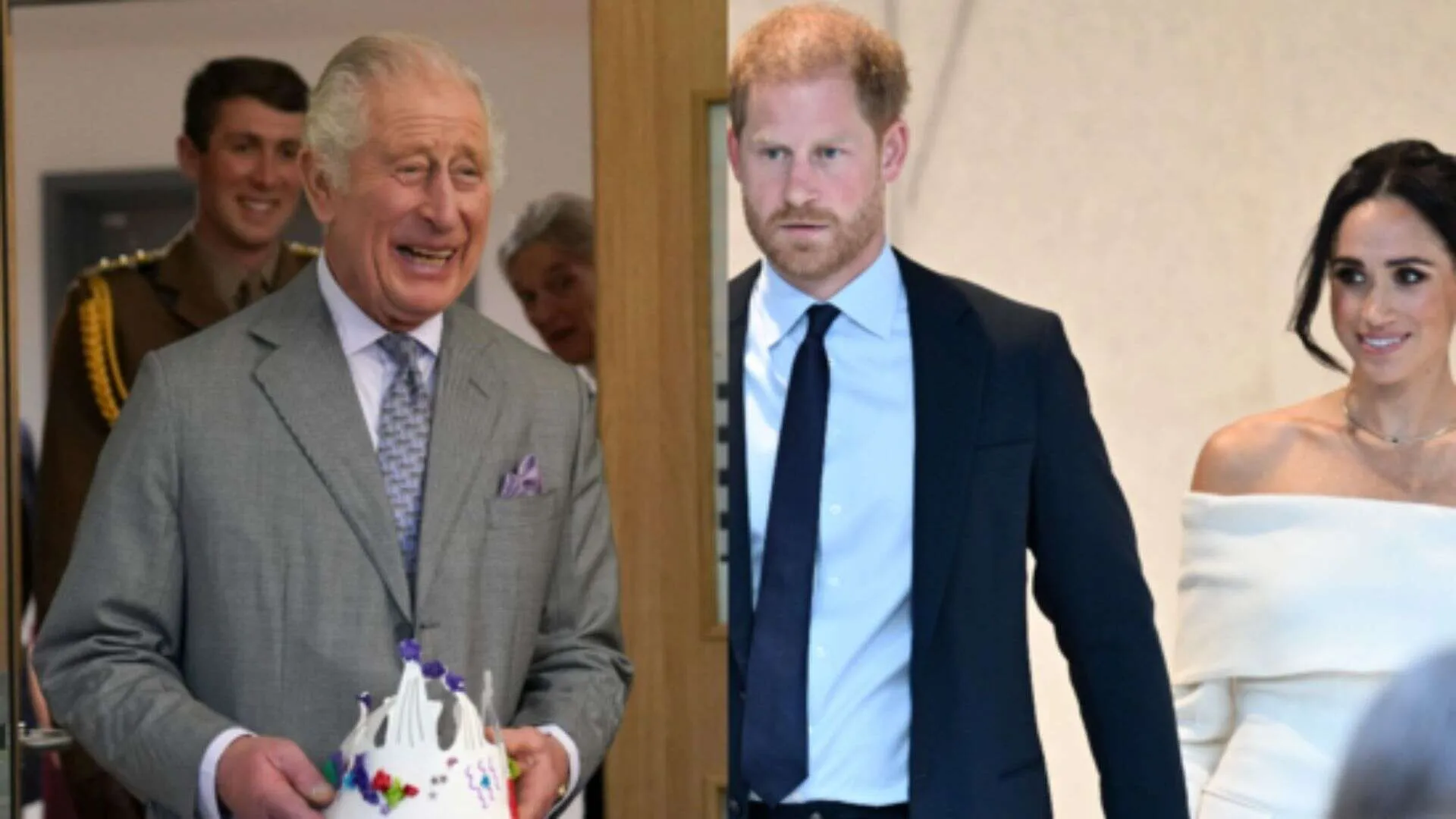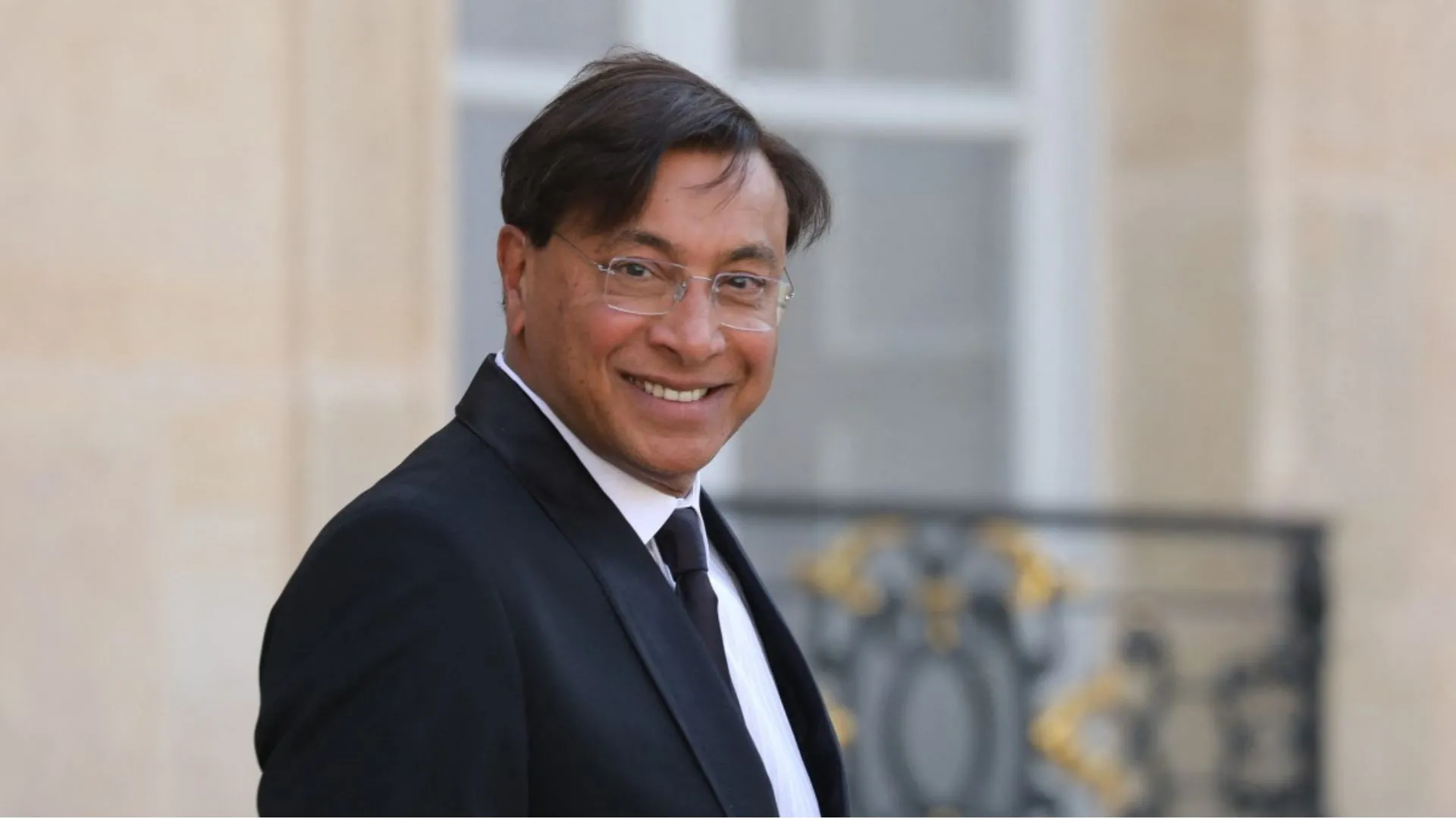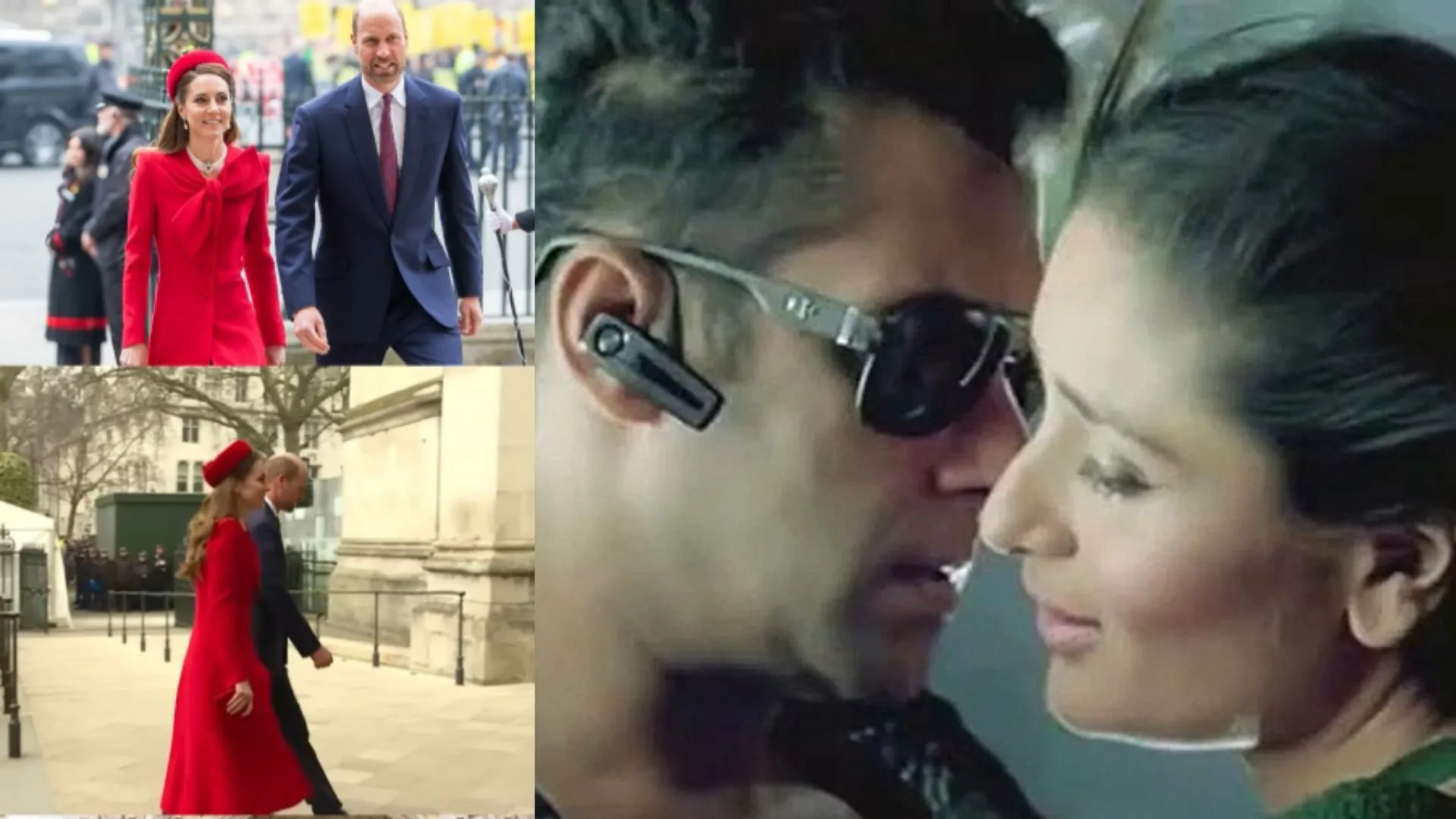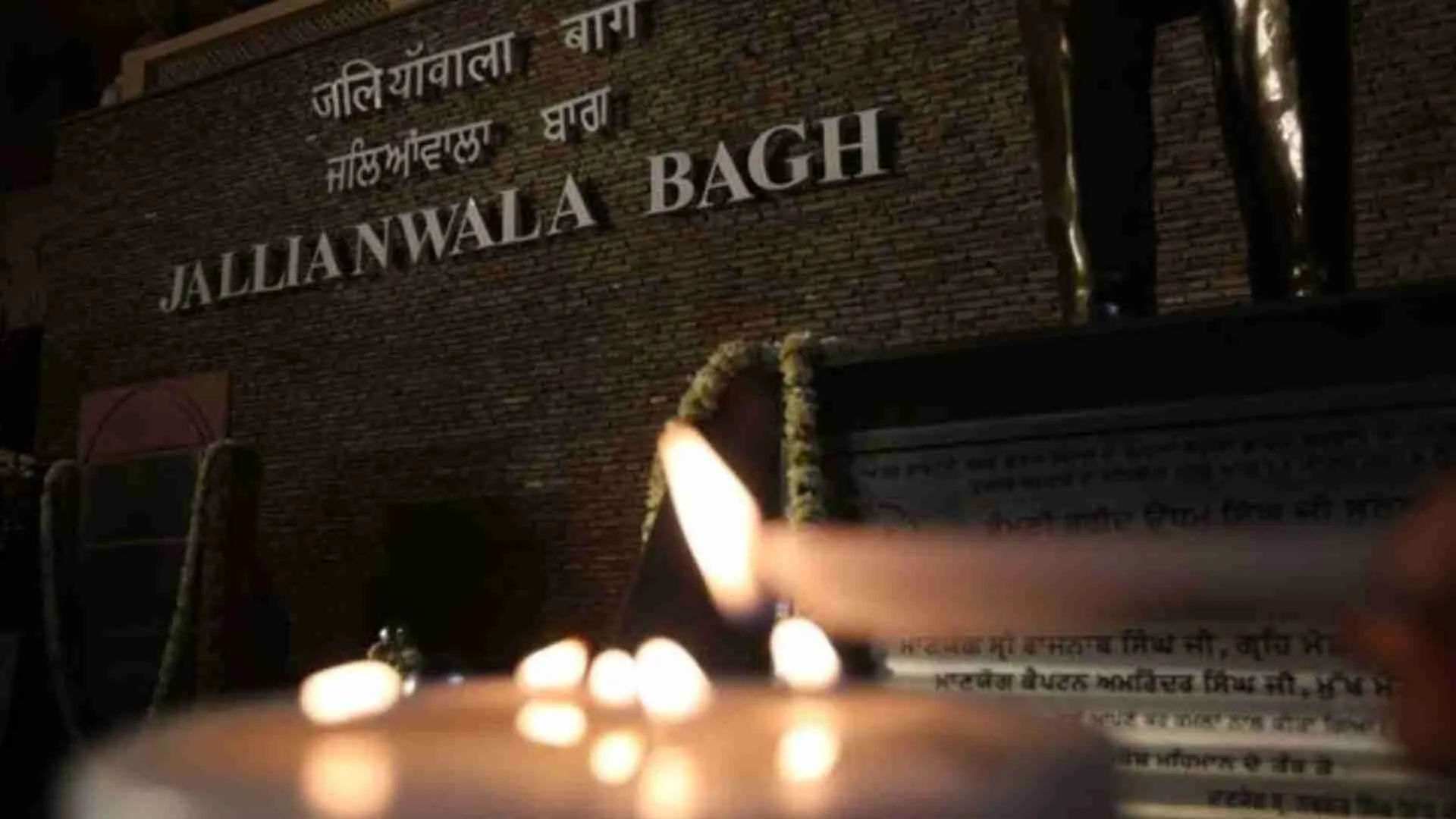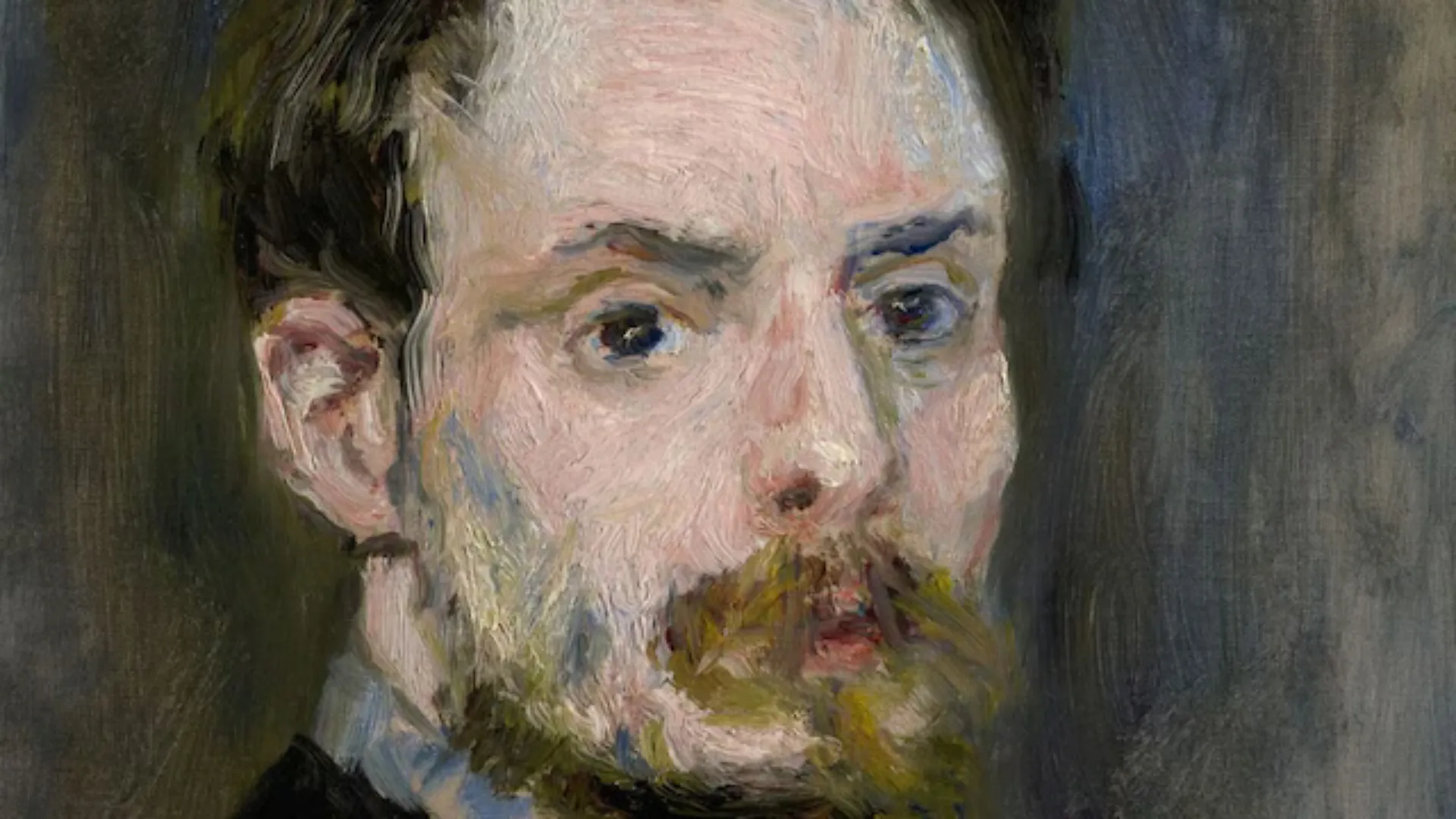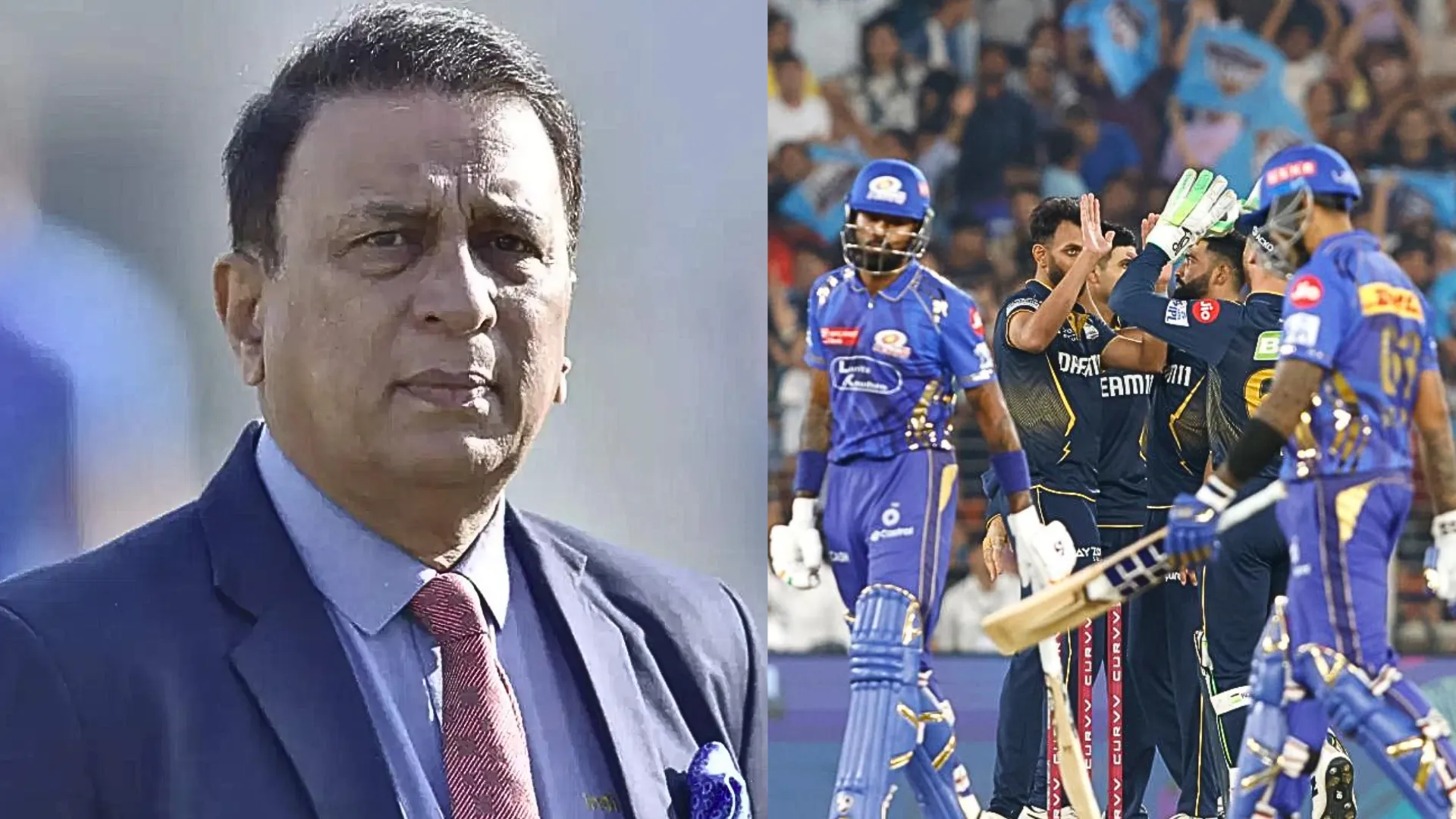Georgia faces political turmoil facing constitutional crisis as the Georgian Dream party is preparing to appoint Mikheil Kavelashvili, a far-right loyalist as the president of the country on Saturday. The country has been in a continuous disorder and despite widespread opposition and protests, Kavelashvili is chosen as the president.
Since the country has participated in parliamentary elections in October, seeing Georgian Dream claim victory has initiated massive protests and chaos. These protests intensified after the government’s decision to delay EU accession talks, prompting citizens to demand greater alignment with European values.
Thousands of pro-EU demonstrators took to the streets on Friday in the capital, Tbilisi, ahead of Kavelashvili’s presidential appointment. The protests, filled with chants and marches, were a response to what they see as an illegitimate election process. “Since the parliament is not legitimate, these elections are also illegitimate,” said protester Keti Makharashvili, highlighting the opposition’s rejection of the election outcome.
Former President Salome Zurabishvili remains a popular figure among protesters, who view her as a symbol of Georgia’s European aspirations. She has refused to step down, demanding new elections and challenging the legitimacy of Kavelashvili’s appointment. The opposition also boycotted the parliamentary vote, accusing Georgian Dream of electoral fraud and steering the country closer to Russia, undermining Georgia’s EU ambitions.
Kavelashvili, known for his anti-Western views and opposition to LGBTQ rights, is set to take office in a largely ceremonial role. However, with protests continuing and constitutional challenges looming, his presidency is likely to face significant challenges. International criticism of the Georgian government’s actions has grown, with French President Emmanuel Macron expressing support for Georgia’s European aspirations and condemning the police crackdown on demonstrators.

